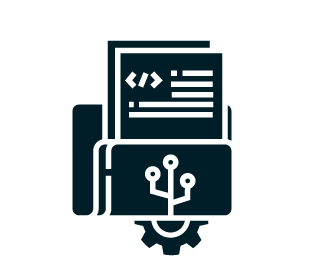About the course
In the era of data-driven decision-making, economic analysis increasingly relies on computational tools and statistical techniques. This course introduces economists to essential concepts in data science, with a focus on databases, basic bayesian, machine learning and deep learning methods relevant to economic research and policy analysis. The objective is to develop proficiency in key data science techniques while fostering a critical understanding of their application in economic contexts.
While few organizations require specialized machine learning engineers, all benefit from having economists with a strong foundation in data science. This enables economists to engage with interdisciplinary teams and effectively apply quantitative methods within a Fourth Industrial Revolution (4IR) framework.
The course is divided into two parts. In Nico Katzke's half, you'll develop a solid foundation in programming concepts and data exploration techniques. Building on this, the second half shifts focus analysing data. We will explore various modeling approaches, with a special emphasis on statistical learning methods.
We kick off the course with SQL fundamentals, then move on to an introduction to Bayesian principles. This is followed by modules on both unsupervised and supervised machine learning, natural language processing (NLP), and finally, deep learning - with a particular focus on sequential models and recurrent neural networks (RNNs). Throughout the course, you'll engage in strong, hands-on practical applications to reinforce your learning.


